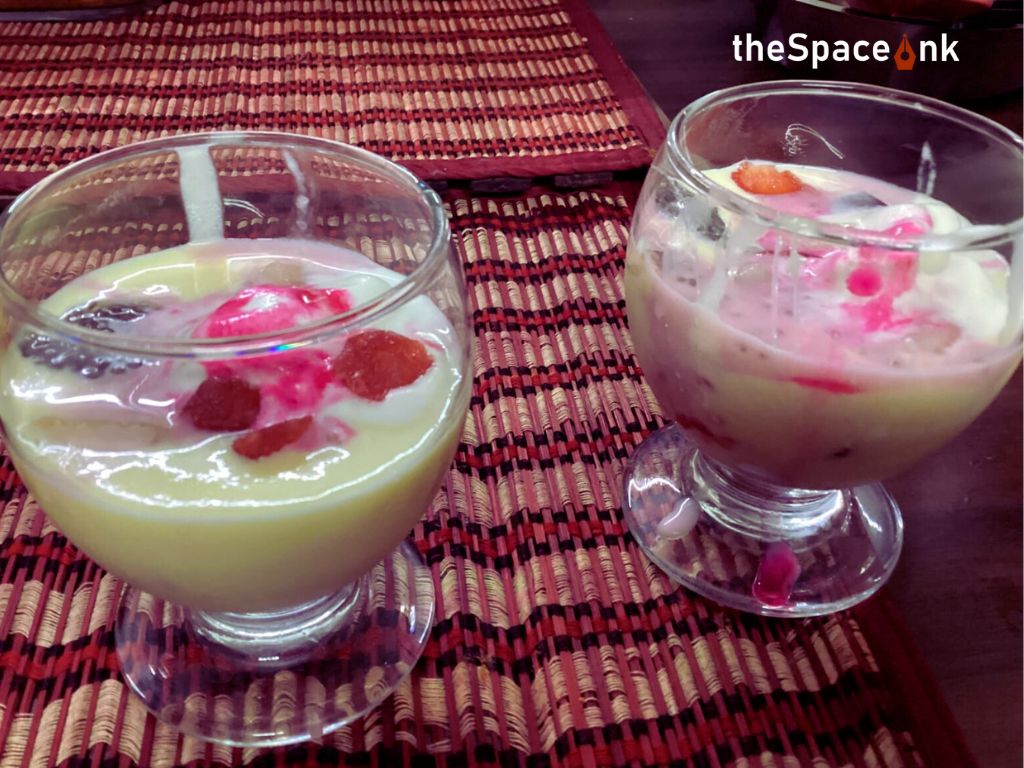We are miserable at being happy! According to the latest World Happiness Report, India ranked a dismal 139th on a list of 149 countries. Without doubt the ongoing pandemic has had a severe impact on the quality of our lives world over, but remember India has been languishing in the 130 to 140 bracket for some years now, pointing to a more underlying problem – perhaps our approach to life. It’s evident we’re taking life too seriously, while life so often laughs in our face. And here probably lies the antidote to all our misery!
Laughing in the face of adversity might be an old adage, but is apt in most situations, especially our current one which is adversity at its worst. I often fall back on the wisdom of renowned humorist and author, Mark Twain, who strongly advocated humour as beneficial in all situations, and live by the popular line he gave us when he wrote, “Humour is mankind’s greatest blessing.” Since humour is largely relative, it has a lot to do with one’s perspective. Self-enhancing humour which is the ability to laugh at ourselves, promotes positivity and resilience especially important in our times. It’s also proven that people who are able to see the funny side of a situation no matter how stressful it might be, cope better with life’s adversities and are less likely to fall into depression.
It should come as no surprise then, that Jennifer Aaker and Naomi Bagdonas, co authors of Humour, Seriously, a book on their findings about humour, reiterate the popular belief that humour helps the bereaved to cope better, and people with a healthy sense of humour, have increased longevity. Humour is a gift and naturally among the top most desirable quality people look for in a partner. The unique ability to be able to filter a situation through a funny lens most people are incapable of doing, and come up with a witty observation, is a flair mere mortals rarely possess. Which is why I regard wit as an attractive quality, only the prerogative of smart and intelligent people with mental adroitness.
Witty people are absolute charmers who make conversation easy and fun and I find interacting with them always leaves me buzzing with positivity. Time flies in their company, without one actually being conscious of the clock. Probably that’s the reason so many people during the lockdown counted themselves among lucky to have partners who could lift their spirits when they were experiencing an existential crisis. Being around them was akin to viewing life through rose-tinted glasses, much needed at a time people were increasingly questioning the value, purpose and meaning of their lives. People who have a light-hearted approach to life, embrace their own shortcomings, are capable of laughing off their setbacks, are the ones who hold the key to their own happiness, as well as those they come in contact with. People with a positive outlook in a time of crisis are like gold dust, and rare to find.
in ancient Western physiology, which was also a part of Shakespearean cosmology, the four elements namely earth, air, water and fire, along with the four bodily humour (yellow bile, black bile, phlegm and blood), were believed to determine one’s temperament
While it’s indeed a coveted quality to be able to make people laugh especially at the mundane, it also needs a genius to turn an insult on its head, and who can forget the wit of Winston Churchill and his famous comebacks, particularly the popular response to Lady Nancy Astor who once had reprimanded him for being inebriated, when she said, “Winston, if I were your wife, I would put poison in your coffee.” To which he nonchalantly replied, “Nancy, if you were my wife, I would drink it.” Or Abraham Lincoln’s comeback when accused by an opponent of being two-faced during a debate. To which Lincoln famously replied, “If I were two-faced, would I be wearing this one?”
But not all great leaders and thinkers were impressed by humour and in ancient times humour was sometimes even frowned upon with a few renowned Greek thinkers going to the extent of discouraging its public use. They came up with a strong negative theory on humour, with Plato regarding laughter to be a frivolous emotion that overruled reasoning and logical self-control. And Aristotle termed wit is ‘educated insolence.’
While the mention of the word ‘humour’ generally conjures up images of eloquence and amusement, according to a theory in ancient Western physiology, which was also a part of Shakespearean cosmology, the four elements namely earth, air, water and fire, along with the four bodily humour (yellow bile, black bile, phlegm and blood), were believed to determine one’s temperament, and had the ability to shape a human beings features, both physical as well as mental qualities. This belief then led to an idea that the ideal person was the result of these four cardinal humours being present in perfect proportion.
It makes some sense then if humour is considered the basic foundation of the physical and mental composition of a person, one is able to tell a lot about a person’s personality from their sense of humour. Links have been established between a good sense of humour and high emotional intelligence, with enough evidence to suggest people who have this trait are healthier, happier and dare I add, smarter and more attractive.
But if you’re not lucky in that department and don’t already have witty and eloquent people in your life, humour can still be found in making conscious choices when picking up reading material, connecting with people on social media platforms, every time you switch on the TV and the people you choose to socialize with. The more you surround yourself with people who have a strong sense of humour, the better chance you give yourself to laugh your way through life!
Lesley D. Biswas is a freelance writer and children’s author based in Kolkata. Her interests include nature, bird photography and cricket.








